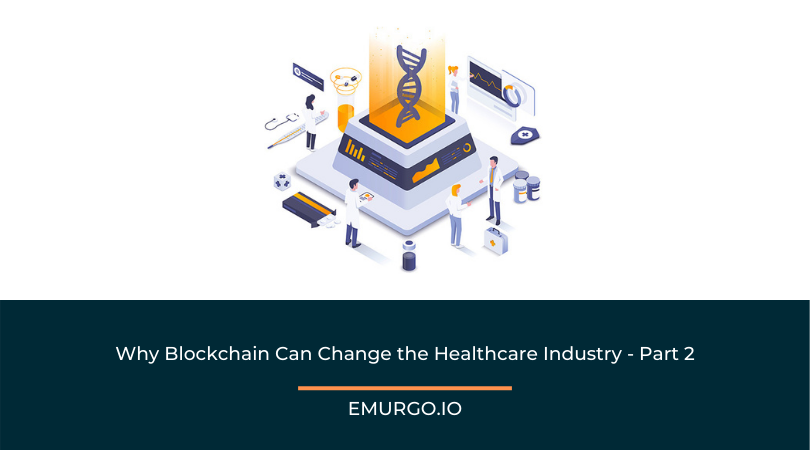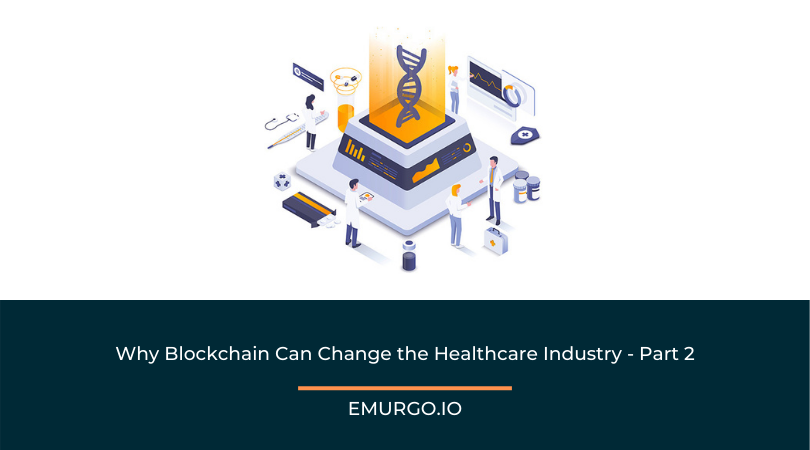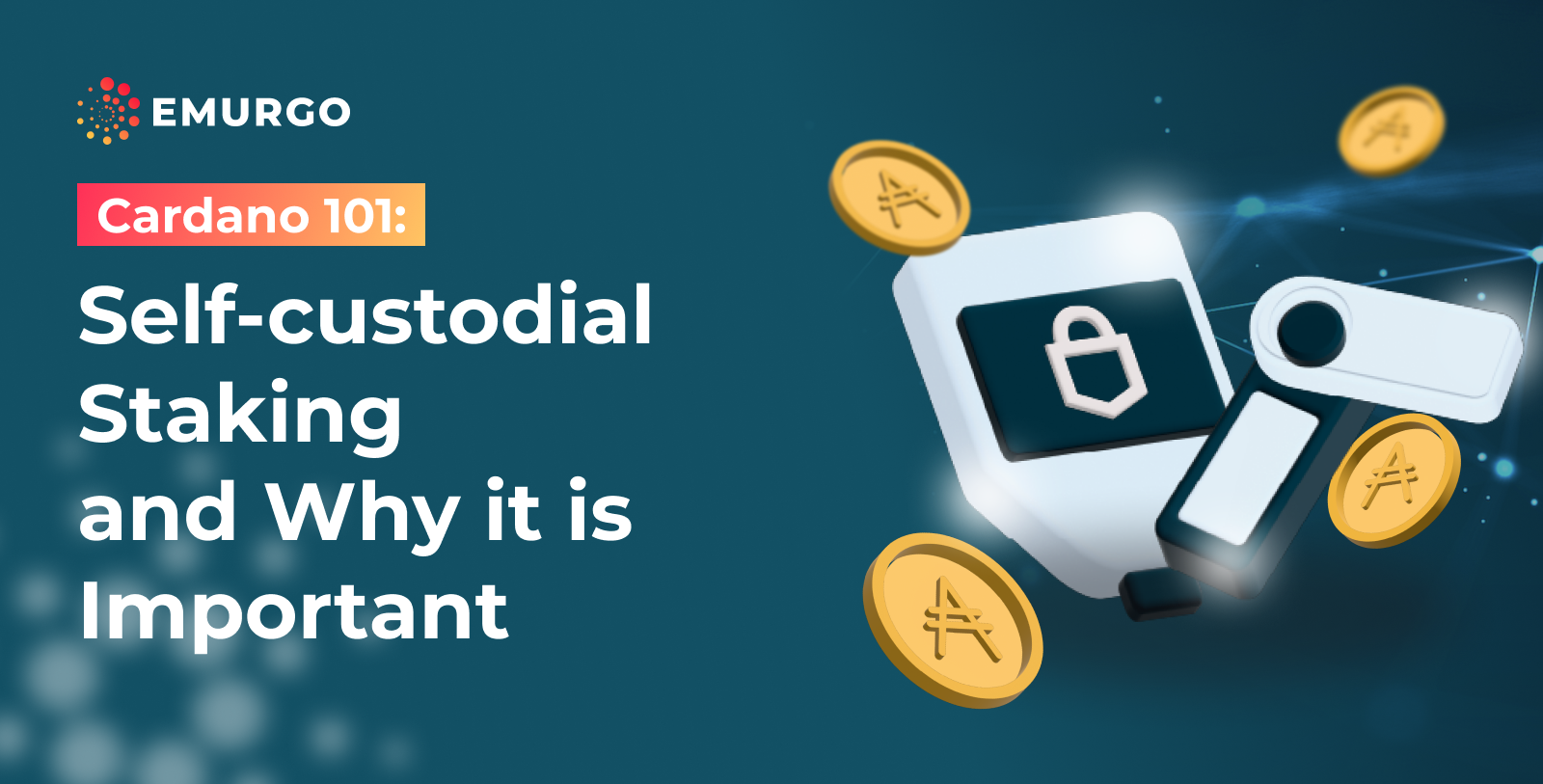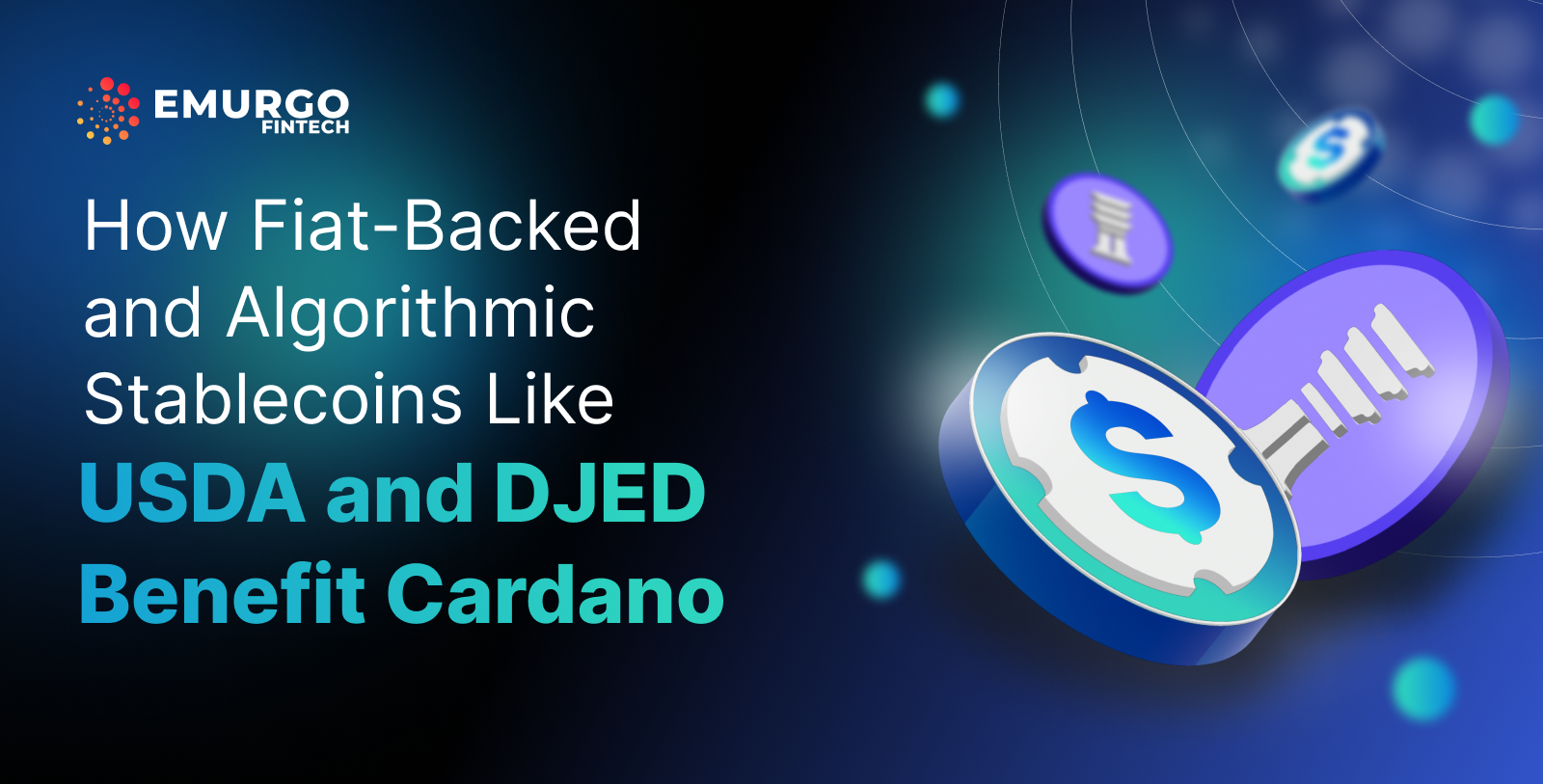
Intro
In the first part of this two-part series blog, we detailed the basics of blockchain technology and how it could serve as a technological platform to provide the healthcare industry with improved solutions and services.
Completely digital, distributed, and available in real-time, blockchain has the power to relieve several healthcare industry frictions by deflating the existing spending bubble, securing patient privacy, and transforming the overall healthcare experience.
These sorts of solutions can be developed leveraging blockchain.
It is estimated that developed countries spend approximately 20% of their GDP on healthcare.
The healthcare industry is already afflicted by skyrocketing healthcare rates, outdated administrative systems, and frequent privacy breaches.
These expensive challenges will require solutions that offer greater productivity, security, and cost-efficiency.
In this second part, we will discuss some of these solutions types and how they leverage blockchain to upgrade existing services for both enterprises and consumers.
Types of Healthcare Blockchain Applications
Estonia, a member of the EU, has a population size of a little over one million residents.
The Estonian government started using blockchain technologies to encrypt healthcare data and conduct transactions in 2012.
All healthcare billing in Estonia is now done via blockchain with 95% of healthcare information and 99% of all pharmaceutical information powered by it.
1) Patient Data Security
It’s not surprising that keeping private medical data secure is the most common application for blockchain in the healthcare industry.
In the healthcare sector, security is a big concern.
More than 176 million health records were compromised in data breaches between 2009 and 2020, which can lead to stolen credit cards, leaked banking and healthcare information, as well as private genomic research data.
Blockchain’s capacity to retain an incorruptible, distributed, and open log of all patient data makes it a technology ripe for security applications.
Furthermore, while blockchain is open to its stakeholder participants, it can be tailored to be more confidential, concealing any individual’s identity with complicated and protected codes capable of protecting medical details’ sensitivity according to the needs of the stakeholders.
The technology’s distributed and shared architecture enables patients, physicians, and healthcare professionals to share the same information quickly and securely.
2) Timely Access to Healthcare Data
Inefficient communication among medical professionals costs the healthcare industry an estimated $11 billion a year.
Obtaining access to a patient’s medical history takes time, depleting personnel services and slowing patient treatment.
Blockchain-based medical records can provide an instant solution to these problems.
Since the technology is digital and distributed, it provides a single, verified ecosystem of medical records that can be quickly and effectively referenced by physicians, clinics, pharmacists, and everyone else involved in a patient’s care.
As a result, Blockchain could lead to quicker and more effective, tailored treatment plans.
3) Management of the Healthcare Supply Chain and Drug Traceability
How much do we even know about the medicine we are taking? Can we be sure that it hasn’t been tampered with? Is it coming from a reliable source?
These are the healthcare supply chain’s key issues, which acts as the connection between the laboratory and the marketplace.
Blockchain has important consequences for pharmaceutical supply chain management, and its distributed nature virtually assures total accountability in the shipping process.
When a data entry in the blockchain’s ledger for a drug is formed, it will show the point of origin (i.e., a laboratory).
The entry will also report details along the way, including handling, and journey before reaching the end consumer.
It can also track labor costs and waste pollution.
4) Genomics Breakthroughs
Once a dream, genomics’ promise to enhance human health is now a science and financial reality.
A human genome cost $1 billion to sequence in 2001.
It now costs only $1,000 thanks to technological improvements.
Blockchain is an excellent match for this developing industry because it can efficiently store billions of genetic data points for different types of enterprises in this new field.
It has also developed into a field where people can sell their encrypted genetic information to extend the database, supplying scientists with valuable data faster than ever.
Integrate EMURGO’s Trace Solution To Improve Your Healthcare Supply Chain
As a founding entity of the Cardano protocol, EMURGO is able to leverage its abilities for large scale blockchain development and rapid solutions deployment to benefit its global clients.
Via EMURGO’s customized Trace Solution, your healthcare organization can benefit from all of the services mentioned above, including complete product traceability and certification of origin, digital management of data records, and increased business margins, which can all be tailored to your organization’s industry needs.
For more information and to receive customized feedback, please send your inquiries to info@dev.emurgo.io and our team will get back to you in a timely manner to help you develop and implement an efficient digital blockchain solution.
About EMURGO
- Official Homepage: dev.emurgo.io
- Twitter (Global): @EMURGO_io
- YouTube: EMURGO channel
- Telegram: EMURGO Announcements
- Facebook: @EMURGO.io
- Instagram: @EMURGO_io
- Medium: EMURGO Announcement
- LinkedIn: @EMURGO_io



